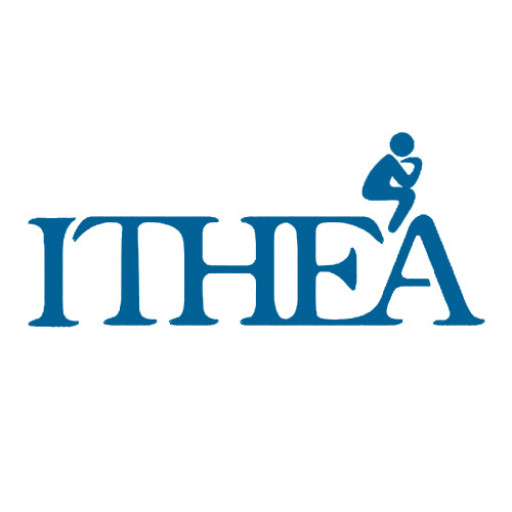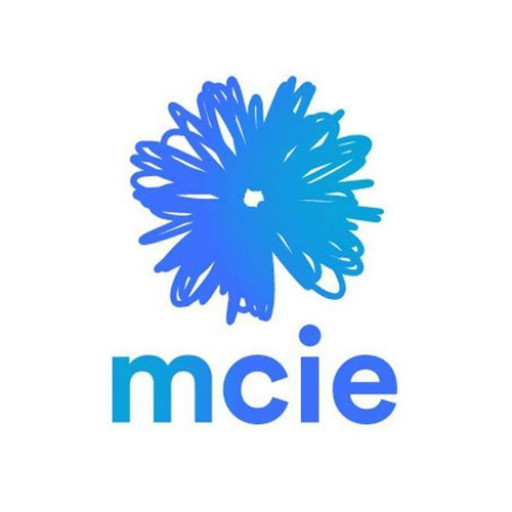This qualification reflects the use of workers in a range of community preferences and customers \u2019 domiciles, that provide training and support in a way that enables people with disabilities to attain greater degrees of independence, selfreliance, community involvement and health. Workers promote a person-centred approach, work without direct supervision and may have to supervise and/or coordinate a small team.To achieve this qualification, the candidate must have completed at least 120 hours of work as detailed in the Assessment Requirements of the units of competency.No licensing, legislative, regulatory or certification requirements apply to this eligibility at the time of book.
The Diploma of Disability is a comprehensive program designed to equip students with the essential knowledge and practical skills required to support individuals with disabilities across various settings. Throughout this course, students will explore a wide range of topics related to disability support, including understanding different types of disabilities, person-centered practices, communication techniques, and the principles of inclusive care. The program emphasizes developing a thorough understanding of how to provide respectful and effective assistance that promotes independence, dignity, and well-being for people with diverse needs.
Students will learn about the social model of disability, including how societal barriers and attitudes can impact individuals, and will be trained to implement strategies that foster inclusion and accessibility. The curriculum covers key areas such as assessment and planning of support, assisting clients with daily activities, understanding medication management, and providing emotional and social support. Practical placements in real-world environments form an integral part of the program, allowing students to apply their theoretical knowledge in practical settings under the supervision of experienced professionals.
The course also addresses legal and ethical considerations in disability support, including privacy, confidentiality, and safeguarding. Students will develop skills to work effectively within multidisciplinary teams and learn how to advocate for the rights of individuals with disabilities. The program prepares graduates to work in diverse settings such as community services, residential care, and disability support organizations. Upon completion, students will be equipped with the confidence and competence to pursue roles such as disability support worker, community support officer, or care assistant.
By completing this diploma, students will be contributing to improving the quality of life for people with disabilities, fostering inclusive communities, and supporting social participation. The program is suitable for individuals passionate about making a positive difference in people’s lives and interested in developing a meaningful career in the disability sector. This qualification is recognized for its comprehensive approach and is aligned with current industry standards, ensuring graduates are well-prepared to meet the evolving needs of the disability support sector.
Program requirements for the Disability Support Services Certificate at GOTAFE include a combination of foundational knowledge, practical skills, and compliance with industry standards. Applicants are generally expected to have a genuine interest in supporting individuals with disabilities and should demonstrate a basic understanding of disability concepts, inclusive practices, and person-centered support approaches. While specific formal prerequisites may not be mandatory, prospective students are encouraged to possess strong communication skills, empathy, and the ability to work collaboratively within diverse teams. The program emphasizes the development of skills related to assisting clients with daily living activities, understanding medication management, and promoting independence and well-being among individuals with various disabilities. Additionally, students must complete a series of coursework modules covering topics such as disability rights, health and safety procedures, cultural competence, and legal responsibilities related to disability support. Practical placements are integral to the program, requiring students to engage in supervised work experiences in real-world settings, which helps consolidate their learning and prepare them for employment in the sector. Successful completion of assessments, including written reports, case studies, and skill demonstrations, is necessary to demonstrate competency. Candidates should also possess basic numeracy and literacy skills to handle documentation and communicate effectively. Due to the hands-on nature of the program, physical ability to assist with mobility and daily tasks is desirable. It is recommended that applicants have a current First Aid certificate and Police Check prior to commencing practical placements. The program aligns with industry standards and aims to equip graduates with the practical knowledge, ethical understanding, and professional attitudes required to support individuals with disabilities effectively. Employment pathways include roles such as disability support worker, community access worker, or personal care assistant, with employment opportunities prevalent across residential, community, and healthcare settings. Overall, GOTAFE's program prepares students comprehensively for a rewarding career dedicated to enhancing the quality of life for people with disabilities, fostering inclusive communities, and promoting social justice through compassionate support services.
Funding for Disability programs at GOTAFE is available through a variety of sources designed to support students in achieving their educational and career goals. Students may be eligible for government-subsidized loans and Fee Help options, which assist in covering tuition costs. The Australian Government provides assistance programs such as the Free TAFE initiative, offering fully subsidized training for eligible students, including those with disabilities. Additionally, students can access the VET Student Loans scheme for diploma-level courses, which helps reduce the upfront financial burden by allowing loans to cover tuition fees, payable once the student is employed or earning above the specified threshold. GOTAFE also provides pathways for students to access scholarships and grants targeted at individuals with disabilities, aiming to promote equitable access to education. These financial supports are complemented by the institution’s commitment to inclusive education, ensuring that students with disabilities can participate fully without financial hardship. GOTAFE may also work with local and state government programs that provide additional funding or specialized support services to students with disabilities, including funding for assistive technologies and accommodations required for successful study. Students are encouraged to contact GOTAFE’s Student Services or Financial Aid offices to explore all available options, including eligibility criteria and application processes. The institution emphasizes personalized support and guidance, helping students navigate the available funding schemes and ensure they receive adequate financial assistance for their disability studies program. Overall, GOTAFE’s comprehensive funding options aim to make disability education accessible and affordable, empowering students with disabilities to achieve their academic and professional aspirations.
The Disability program at GOTAFE is designed to equip students with the essential knowledge and practical skills required to support individuals with various disabilities. The program covers a broad spectrum of topics, including understanding different types of disabilities, effective communication strategies, person-centered care approaches, and the principles of inclusivity and accessibility. Students will learn about contemporary practices in disability support, legal and ethical considerations, and how to create supportive environments that promote independence and well-being for clients. The curriculum integrates theoretical learning with hands-on practical experience, enabling students to apply their knowledge in real-world settings through work placements and supervised practice. GOTAFE’s disability courses are tailored to meet industry standards and are delivered by experienced educators committed to fostering a supportive learning environment. The program also emphasizes the importance of cultural competency, diversity awareness, and individualized support plans to ensure holistic care. Graduates of the disability program are prepared for employment in various settings such as community services, residential care facilities, and healthcare organizations. They can pursue roles including disability support worker, personal care assistant, and community care coordinator. GOTAFE is dedicated to providing accessible education for students with disabilities, offering tailored support services and accommodations to facilitate their learning journey. Through collaboration with industry partners, the program remains current with evolving best practices and policy changes in the disability sector. By completing this program, students gain the skills necessary to make a meaningful difference in the lives of individuals with disabilities while promoting social inclusion and equality.




